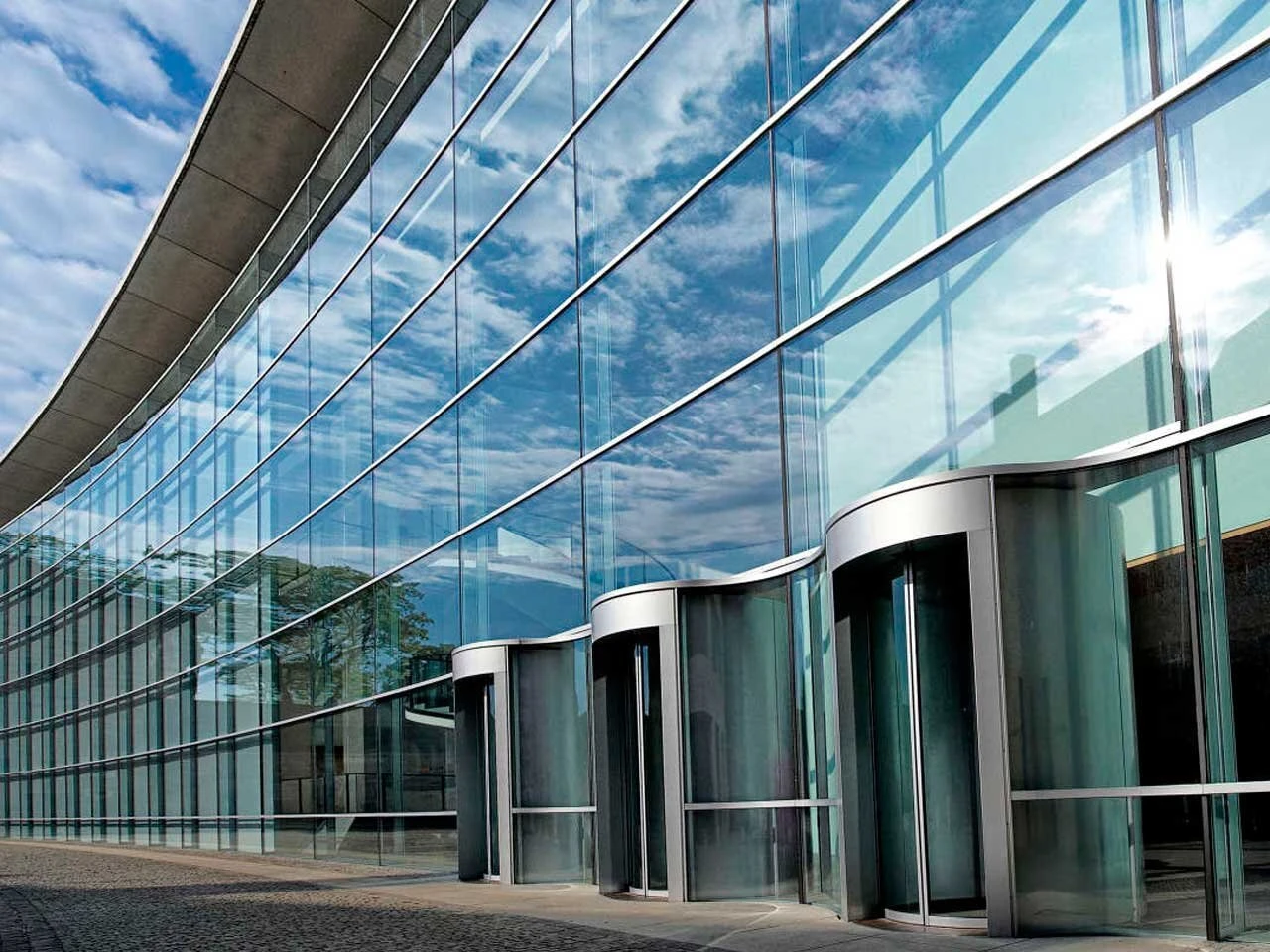

Embracing Modern Frosted Glass A Trend That Transcends Time
In the world of contemporary design, modern frosted glass has emerged as a powerful element that fuses aesthetics with functionality. From residential spaces to commercial settings, this versatile material is celebrated for its ability to create privacy while allowing light to permeate through translucent planes. As we delve into the characteristics, applications, and benefits of modern frosted glass, it becomes evident that it is more than just a design trend; it is a reflection of our evolving lifestyle and aesthetic sensibilities.
Aesthetic Appeal
Modern frosted glass exudes a seamless elegance that transforms any space. Its soft texture and diffused light quality create an inviting ambiance, enhancing the overall décor. Whether used in sliding doors, room dividers, or decorative panels, frosted glass adds depth and sophistication to an environment. It can complement various design styles, from minimalist and modern to rustic and industrial. The subtle interplay of shadow and light with frosted surfaces creates a dynamic visual experience, making it a sought-after choice for designers and homeowners alike.
Enhancing Privacy
One of the standout features of frosted glass is its ability to offer privacy without sacrificing natural light. In urban environments where space is at a premium, frosted glass allows for the division of areas while maintaining an open feel. For instance, in office environments, frosted glass partitions can create collaborative spaces that encourage interaction while providing employees with the necessary privacy to focus on their tasks. Similarly, in homes, frosted glass can be used in bathrooms or as interior bedroom doors to ensure a sense of seclusion.
Functional Versatility

The applications of modern frosted glass are virtually limitless. It can be incorporated into various design elements such as shower enclosures, windows, skylights, and even furniture. The material can be etched or printed with intricate designs, making it a canvas for artistic expression. Its adaptability extends to the choice of thickness, opacity levels, and durability, allowing it to meet both aesthetic and practical needs. Frosted glass can also be combined with wood, metal, or other materials, enhancing its versatility in design.
Energy Efficiency
In today’s eco-conscious world, the energy efficiency of building materials is more important than ever. Modern frosted glass can contribute to energy savings by allowing natural light to illuminate spaces, thereby reducing the need for artificial lighting during the day. When incorporated into energy-efficient window systems, frosted glass can help regulate indoor temperatures, optimizing heating and cooling needs. This makes it an attractive option for those looking to reduce their environmental footprint while enjoying the benefits of stylish design.
Easy Maintenance
Another advantage of modern frosted glass is its ease of maintenance. Unlike traditional window treatments, such as curtains or blinds, frosted glass does not accumulate dust, allergens, or dirt in the same way. A simple wipe with a glass cleaner or a damp cloth is often enough to keep it looking pristine. This low-maintenance feature appeals to busy lifestyles, allowing homeowners and businesses to enjoy the beauty of frosted glass without the hassle of extensive upkeep.
Conclusion
Modern frosted glass is not just a fleeting design trend; it embodies a significant shift in how we think about space, privacy, and light. Its aesthetic versatility, functional benefits, and ease of maintenance make it a preferred choice for architects, interior designers, and homeowners alike. Whether in a sleek office space or a cozy home, frosted glass enhances the atmosphere, creating a balance between openness and intimacy. As we continue to embrace contemporary design principles, modern frosted glass will undoubtedly remain a staple in our pursuit of beauty, functionality, and sustainability.